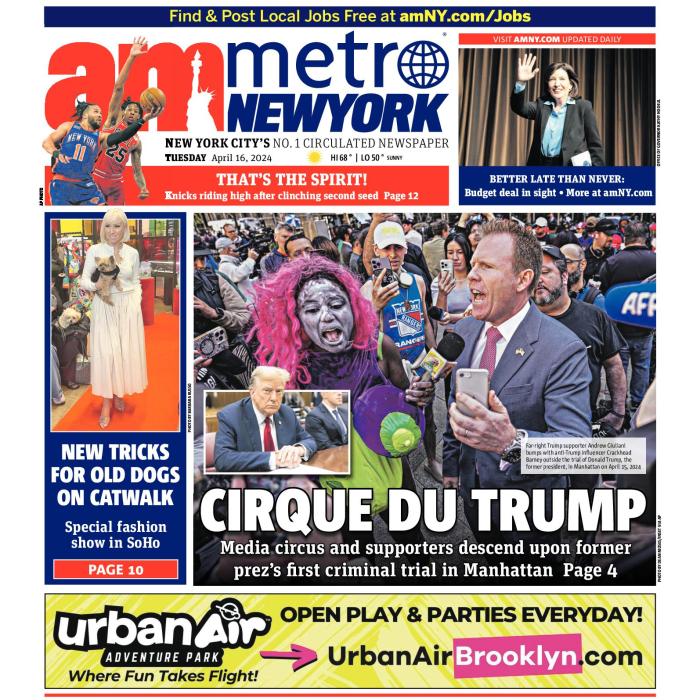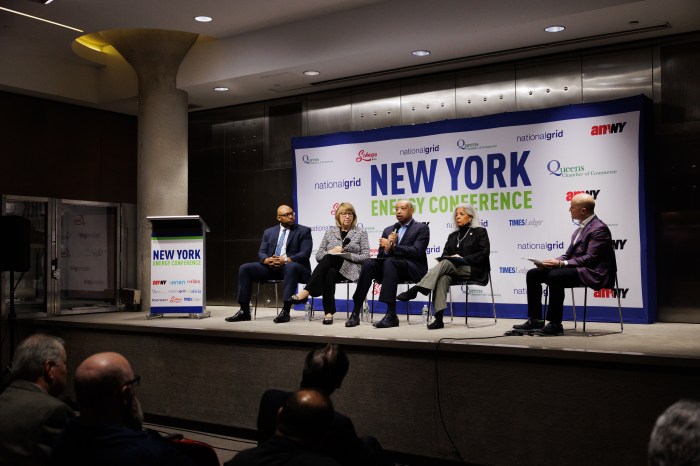
Once a political operative, always a political operative.
How else to explain Phillip Walzak’s appearance at a fundraiser for Pete Buttigieg, mayor of South Bend, Indiana, when Walzak shilled for his former boss, Mayor Bill de Blasio?
The New York Times headlined its story on the event, “New York Buzzes Over a Mayor Mulling a 2020 Bid (Buttigieg, Not de Blasio).” Walzak opined to the Times that while presidential candidate Buttigieg had “a compelling story and message,” de Blasio “has a real record to run on.”
By the way, Walzak has a day job as the NYPD’s deputy commissioner for public information. His actions led some at Police Plaza to wonder whether he serves the NYPD or the mayor’s political agenda. In response to questions, Walzak emailed this: “Let me ask you this question: is this a topic you have decided to include in your next upcoming column or are you in a consideration period?”
The question of Walzak’s priorities is compelling because in the past 40 years or so, the NYPD has prided itself on appearing to be largely free of politics. Because of that, Walzak’s appointment a year ago was controversial. PBA president Pat Lynch called it a sign “that the de Blasio administration thinks the NYPD’s primary mission is to serve as a political tool . . .”
While it is not uncommon for City Hall to select NYPD spokesmen and women, the best of them served the NYPD while remaining in City Hall’s good graces.
But the relationship between the NYPD and the de Blasio administration differs from past administrations. While de Blasio has basked in the glow of the city’s low crime, many of his actions appear to be critical of NYPD. These include his criticism of a sergeant for fatally shooting an emotionally disturbed woman in the Bronx before an internal investigation was completed, and his attempts to link low crime to his policy of neighborhood policing despite qualitative evidence that it had no more to do with lowering crime than did the NYPD’s stop-and-frisk.
The mayor’s most successful move was selecting Jim O’Neill as NYPD commissioner. A modest man, O’Neill has proved pliant in acquiescing to mayoral appointments like Walzak.
Recently, O’Neill accepted the appointment of Ernest Hart as deputy commissioner for legal matters after City Hall rejected his two choices. Perhaps Hart’s first assignment can be to determine the appropriateness of Walzak’s actions.

















